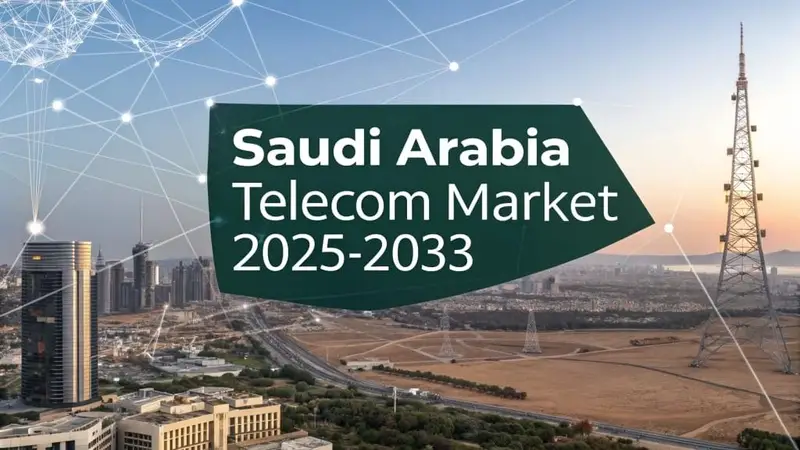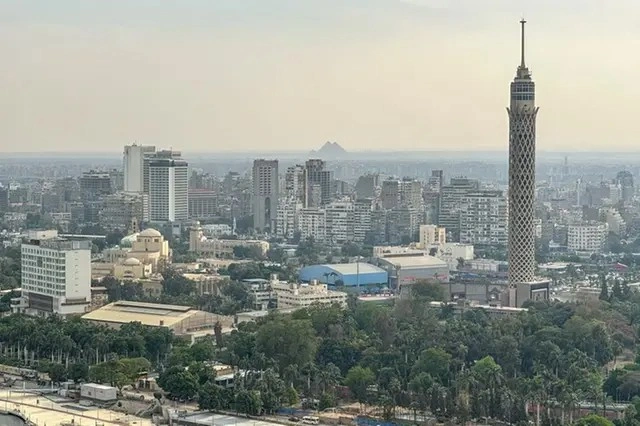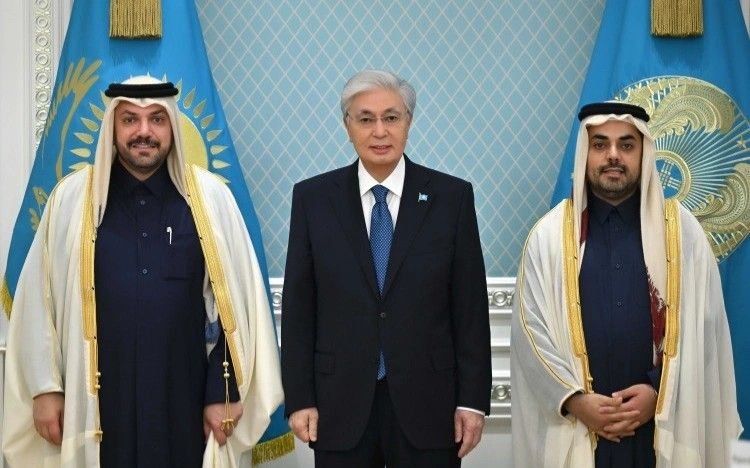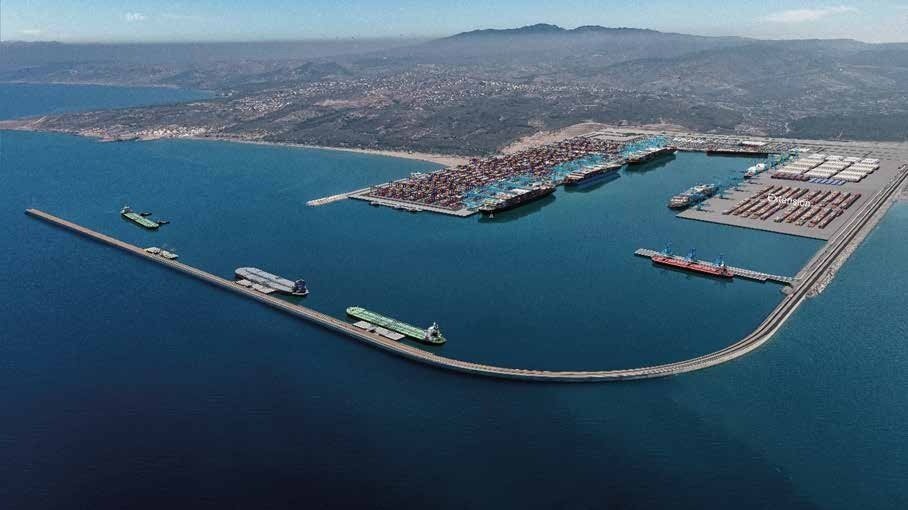The Saudi Arabia telecom market was valued at USD 16.8 billion in 2024 and is projected to grow to USD 22.7 billion by 2033, at a CAGR of 3.4% (2025-2033), according to IMARC Group. The market’s rapid expansion is fueled by the Kingdom’s accelerated 5G rollout, with 78% population coverage as of 2025 and an expected surpassing of 94% by August 2025, far exceeding the global average.
AI and Network Innovation:
Leading operators like STC and Zain KSA are leveraging AI to optimize network efficiency, including AI-powered platforms such as Nokia’s AVA for predictive network management. AI-driven customer service improvements, like Zain’s chatbot implementations, have reduced call center inquiries. Saudi Arabia’s National Strategy for Data and AI targets creating 200,000 tech jobs and contributing over $135 billion to the economy, highlighting AI as a pillar of the telecom sector’s future.
5G and Infrastructure:
Smart city initiatives such as NEOM and public safety IoT applications are driving demand for robust connectivity. Operators report significant 5G subscription growth, with STC noting a 30% increase. Investments like Dawiyat’s $2.6 billion fiber-optic broadband project aim to expand high-speed access in remote areas, supporting digital services and e-commerce platforms such as Noon.com.
Digital Economy and Services:
Mobile data services generated $23.4 billion, reflecting a tech-savvy population with 92% smartphone penetration. STC’s $1 billion Center3 initiative focuses on enhancing digital infrastructure to meet business and consumer needs.
Market Segmentation:
- By Type: Mobile, Fixed-Line, Broadband
- By Region: Northern and Central, Western, Eastern, Southern
Recent Developments:
- August 2025: 5G coverage surpassed 94%, boosted by STC’s $8.7 billion infrastructure contract.
- May 2025: Mobile networks hold 83% market share with $15.13 billion revenue.
- Fiber-optic expansion supported by government and private initiatives continues to grow rapidly.
Competitive Landscape:
Key players include STC, Zain KSA, Mobily, and Dawiyat, actively investing in next-generation technologies and infrastructure to maintain leadership.















